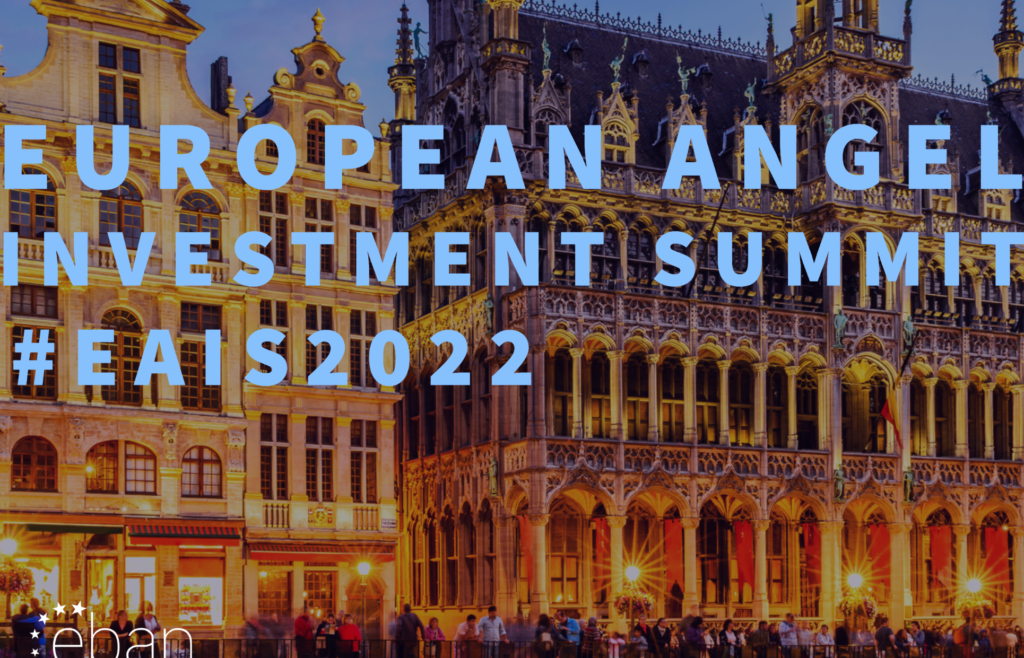Impact of Startups in European Union
Impact of Startups in European Union https://theraise.eu/wp-content/uploads/2023/02/pexels-lara-jameson-8828640-scaled.jpg 1024 683 RAISE fosters startup growth and scale-up within and across Europe https://theraise.eu/wp-content/uploads/2023/02/pexels-lara-jameson-8828640-scaled.jpgStartups have become a driving force in the European Union, making significant contributions to the economy, innovation, and society. They have created new jobs, introduced new products and services, and disrupted traditional industries with innovative business models.
One of the areas where startups are having a significant impact is in the digital economy. With the increasing use of technology and the internet, startups are creating new digital products and services that are changing the way people work, live and communicate. They are using cutting-edge technologies such as artificial intelligence, blockchain, and the Internet of Things to develop new solutions in industries such as finance, healthcare, education, and transportation.
Another area where startups are making an impact is in sustainability. Startups are addressing environmental challenges such as climate change, pollution, and resource depletion through innovative solutions. They are developing renewable energy technologies, creating sustainable agriculture practices, and introducing new circular business models that reduce waste and emissions.
Furthermore, startups are contributing to the social and economic development of local communities by providing employment opportunities and creating value for customers. They are also promoting diversity and inclusion by offering equal opportunities and promoting gender and racial equality.
Startups are also playing a significant role in the European Union’s overall competitiveness in the global market. By fostering innovation and entrepreneurship, they are helping the EU to maintain its position as a leader in technological innovation and a hub for business innovation. Startups are also driving economic growth by creating new jobs, attracting investments, and boosting productivity.
In conclusion, startups are making a significant impact in the European Union by fostering innovation, driving economic growth, and promoting sustainability and social development. They are changing the way people live and work, and their contributions to the economy and society will continue to grow in the years to come. The European Union’s support for startups through policies and initiatives will be essential in ensuring their continued success and impact.






